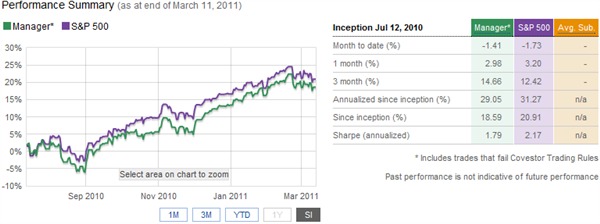By Karen Wong, CFA, Global Head of ESG and Sustainable Investing, State Street Global Advisors
Soon, the Net Zero Asset Manager initiative will publish another progress report outlining asset manager signatories’ interim targets to support the goal of net zero emissions by 2050. State Street Global Advisors is one of 236 current members of the Net Zero Asset Managers initiative, which represents $57 trillion aligned with net zero emissions by 2050 or sooner.
We believe that achieving an effective and orderly transition to net zero will secure economic benefits, which will be reflected in the risk-adjusted returns of long-term investments. Conversely, we believe an unsuccessful transition could cause significant economic and social disruption with a corresponding effect on risk-adjusted returns.
As a fiduciary, we have an obligation to put our clients’ financial interests first. To be effective in fulfilling this obligation, we need to consider all factors that have a material impact on long term value creation. Climate change is one of these factors, since it poses systemic risks to all investors.
Committing 100% of our investment portfolio to net zero by mid-century is an ambitious goal. Today, $582.7 billion of assets we manage are committed to be managed in line with net zero, based on the Paris-Aligned Investment Framework proposed by the Institutional Investors Group on Climate Change. In the years ahead, we are committed to:
- Reducing 50% financed Scope 1+2 portfolio carbon emissions intensity by 2030.
- Steadily increasing assets invested in material sectors that are achieving or aligned to net zero to 100% by 2040.
- Setting a current engagement goal which targets 70% of financed emissions in material sectors to be assessed as net zero, aligned with a net zero pathway, or the subject of direct or collective engagement and stewardship actions. We will increase this ratio to at least 90% by 2030.
Climate change is a complex issue, and reaching net zero requires tremendous efforts and decisive actions from both the private and public sectors, including sound regulations and fiscal policies, technology innovation, and capital reallocation. We do our part by focusing on our fiduciary duty, the clients we serve, and the companies in which we invest.
The global energy transition, driven by climate change, is underway and is expected to accelerate. We prioritize issuer — real economy — emissions reduction over portfolio emissions reduction and choose engagement over divestment. We believe that constructive engagement and stewardship with the companies that we invest in will enable greater adoption of effective energy transition plans.
We are committed to partnering with our clients on decarbonization goals by offering climate investment education, analytics, and solutions. Investment solutions such as our Sustainable Climate Strategy, which provides beta exposure, and our Climate Transition Strategy, which seeks alpha potential, are prime examples of our commitment to developing investment solutions to help our clients achieve their decarbonization goals.
We acknowledge that our ability to align our approach to net zero by 2050 is, today, constrained in some asset classes by lack of robust data and net zero methodologies. We will continue to work with key stakeholders, including index providers, data providers, standard setters, and proxy advisors in the investment system, as well as policy makers, to overcome the constraints asset managers and their clients currently face.
Net zero is as much of a journey as it is a destination. We recognize that there are many different pathways to net zero, and are committed to progressing on the journey with our investee companies and our clients.
This post first appeared on May 27th, 2022 on the State Street Global Advisors Blog
PHOTO CREDIT: https://www.shutterstock.com/g/Francesco+Scatena
Via SHUTTERSTOCK
Disclosures
ssga.com
Marketing communications
State Street Global Advisors Worldwide Entities
The returns on a portfolio of securities which exclude companies that do not meet the portfolio’s specified ESG criteria may trail the returns on a portfolio of securities which include such companies. A portfolio’s ESG criteria may result in the portfolio investing in industry sectors or securities which underperform the market as a whole.
Responsible-Factor (R Factor) scoring is designed by State Street to reflect certain ESG characteristics and does not represent investment performance. Results generated out of the scoring model are based on sustainability and corporate governance dimensions of a scored entity.
All information is from SSGA unless otherwise noted and has been obtained from sources believed to be reliable, but its accuracy is not guaranteed. There is no representation or warranty as to the current accuracy, reliability or completeness of, nor liability for, decisions based on such information and it should not be relied on as such. Past performance is not a reliable indicator of future performance.
The information contained in this communication is not a research recommendation or ‘investment research’ and is classified as a ‘Marketing Communication’ in accordance with the Markets in Financial Instruments Directive (2014/65/EU) or applicable Swiss regulation. This means that this marketing communication (a) has not been prepared in accordance with legal requirements designed to promote the independence of investment research (b) is not subject to any prohibition on dealing ahead of the dissemination of investment research.


